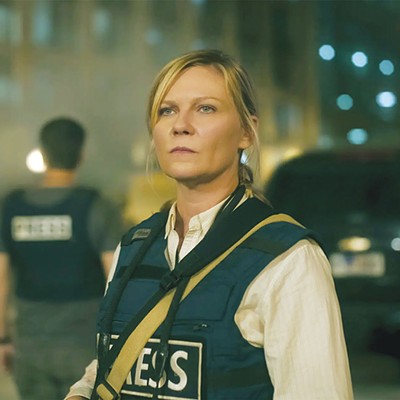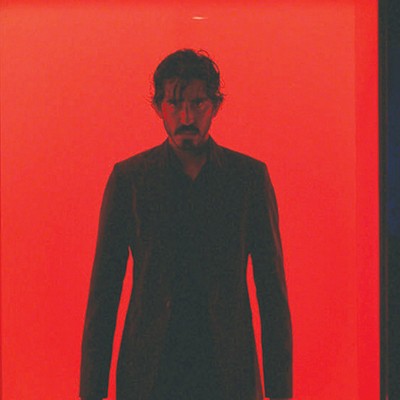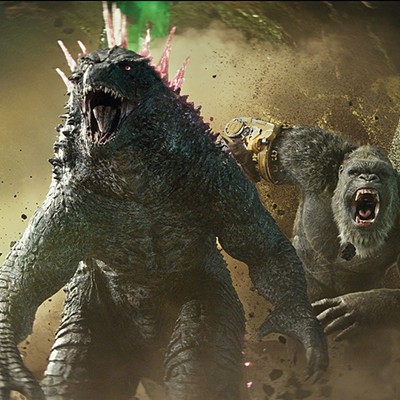Dark and disturbing from the beginning, there is not one lighthearted moment. From the initial body-laden bloodbath of dead cops and drug dealers to the yelling, crying, relentless violence and inevitably bitter end, this movie doesn't let up. Shot in gritty and grainy blue hues depicting the evil beating heart of NYC, Pride and Glory takes its stand among such movies as State of Grace, Serpico, King of New York, Training Day and (the underrated) Monument Avenue.
The plot follows the age-old story of "who do you put first, your family or your partners?" The Tierneys (family of cops) are: Frances "Pop" (Jon Voight), Frances Jr. (Noah Emmerich) and Ray (Edward Norton), along with their burden of a brother in-law Jimmy (Colin Farrell), a supremely corrupt cop. The focus is on the intricacies of their dialogue and feelings-about life, money, and doing the right thing-however messed up everyone's version of "right" is. Nobody sees eye-to-eye.
The acting is on the mark, the characters getting in touch with whatever inner demon they are wrestling with. Voight is better than I've seen him in a long time as the hard drinking patriarch. Emmerich seethes inside as the levelheaded good brother. Farrell is effectively jangled up as the showboating corrupt-cop-family-man, cavorting with his cronies, his hands in way too many drug infested cookie jars. Norton plays the genius-yet-flawed brother, desperately going against his own grain in an attempt to fit in. Surprisingly, he seemed to be the weakest link in the acting department, almost telegraphing that he had made an inward "choice" to play this role in a certain way, a portrayal that didn't seem true to the character.
The darkness of the movie prevails. When daylight hits a scene you have to blink and adjust your eyes. O'Connor's always moving camera gives a sense of urgency and the loud blasts of shootings almost always come out of nowhere, providing decent shock value. Street scenes don't get any more foreboding, and when someone isn't shooting someone, they're punching them or hollering at them. There are problems of past, present and future-the inexcusable secrets that no one's talking about, the domestic traumas that plague them all, and their futile progress towards an inevitable destiny of gloom and doom. The message is clear from the beginning: the most vile and corrupt crime doesn't pay, and healing is a difficult journey. Pride and Glory has one of the bleakest outlooks of any movie I've seen in recent years, and in the midst of so many other formulaic productions, it was kind of refreshing.


















